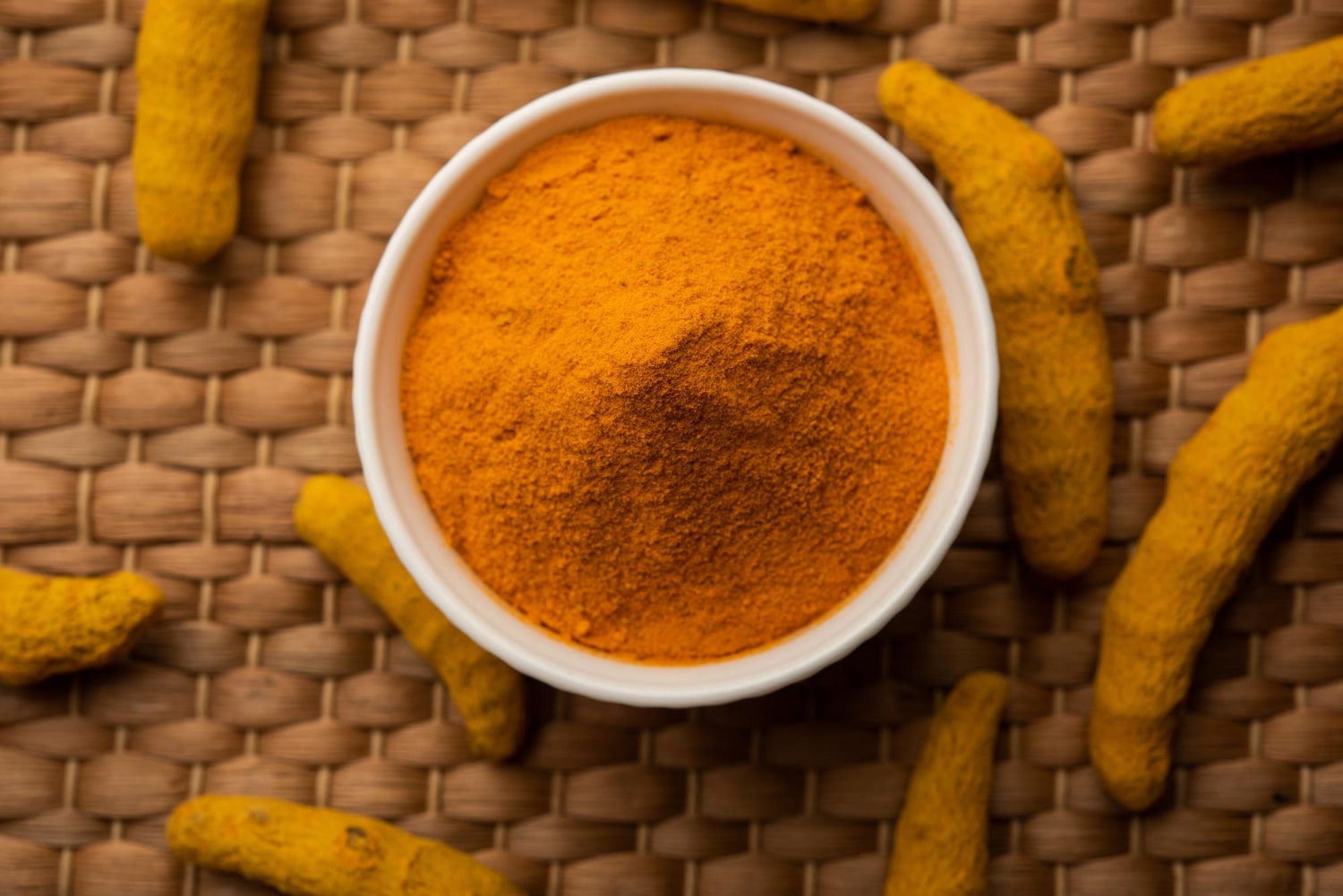
Everyone loves spices! They add an amazing flavor and taste to meals, making them so appealing. However, what most people don't know is that certain spices have some dangerous side effects if taken in excess.
Known since ancient times for its exotic taste and distinct color, turmeric is a root that has been used in Ayurvedic medicine for centuries as a treatment for various conditions. As turmeric has become very popular in culinary usage, there are many people who want to know for sure if it is safe to consume daily.
Only then can they feel confident that they are doing all that is possible to be healthy and prevent disease.
Turmeric comes in many forms. Curcumin supplements are the most common form of taking turmeric. However, before you begin taking these supplements, make sure you know about their side effects!
1) Heartburn
Turmeric contains acid that can damage your esophagus and stomach lining when you take it with an empty stomach. In such cases, avoid taking turmeric supplements before going to bed. It would be better if you take them after breakfast or dinner with a glass of warm water.
2) Androgenic
Turmeric tends to increase testosterone levels by converting cholesterol into androgens, which can lead to acne and hair fall issues for women. If you have a hormonal imbalance, avoid consuming the spice as it may cause infertility problems as well as uterine bleeding during menstrual cycles. In case of pregnancy, turmeric can induce menstruation or even come with serious birth defects.
3) Increased Risk of Thyroid Cancer
Curcumin is known to interact with thyroid cells, leading to an increase in reactive oxygen species (ROS). It enhances the activity of the enzyme tyrosine-protein kinase inside your body that helps cancer cell development inside your thyroid gland or tissues related to thyroid glands. Curcumin can also stimulate the growth of existing thyroid cancer cells, causing these cells to grow and divide more rapidly.
4) Liver Damage
Excess intake of turmeric might cause liver damage as it possesses antioxidant properties. It binds with bile salts and enhances the activity of enzymes that help in chemical reactions during metabolism, thus causing a possible increase in the production of free radicals. These free radicals have been known to cause liver damage over a period.
5) Diarrhea
In some cases, people taking curcumin might experience diarrhea or gastrointestinal problems because it reduces mucosal swelling and permeability inside your intestine. This leads to increased secretion of water from the tissue cells present inside your intestinal lining, leading to diarrhea. However, this side effect can be reduced by consuming black pepper with turmeric as it contains piperine that stops the drug from going through your intestinal lining.
6) Bleeding
Curcumin-containing turmeric supplements, applied on or orally taken by a person who is suffering from bleeding disorders, might lead to severe bleeding. This is because curcumin promotes blood clotting inside your body.
Also, if you are experiencing heavy menstrual flow, then stop using turmeric supplements. It can increase blood loss because of its anticoagulant properties, which may result in anemia. Spicy foods like curries and dishes prepared with turmeric may also affect your menstrual cycle.
7) Not for Pregnant Women
Excess intake of turmeric, when consumed during pregnancy, might lead to early contractions in pregnant women. Therefore, all expectant mothers are suggested to avoid it.
8) Increased Risk of Kidney Stones
A study involving eight volunteers showed that high levels of turmeric intake alter kidney function for a short time. This is because turmeric contains oxalate, which tends to reduce blood circulation in kidneys by reducing the amount of oxygen available. As a result, it becomes easy for calcium to form crystals inside your body, resulting in kidney stones.
9) Increase Inflammation within Your Body
Curcumin has inflammatory characteristics, leading to strong adverse reactions throughout your body. It might increase inflammation due to the irritation caused by the Gallic acid present inside curcumin. This compound reduces bile secretions, which in turn obstructs the body's ability to process cholesterol correctly.
10) Soften Skin Layers
Excessive intake of curcumin further delays the process of wound healing. It also weakens the epidermal protein that protects skin layers from external injuries and pathogens.
11) May Increase Blood Sugar Levels In Diabetics
Curcumin interferes with the proper function of pancreatic cells and thus may increase blood sugar levels in diabetics. Always consult your doctor before taking turmeric or curcumin if you have diabetes or a family history of diabetes.
12) Leads to Liver Damage
Curcumin is hepatotoxic in nature, which means it damages liver cells when consumed excessively for a long time. Thus, you should not consume turmeric supplements if you are diagnosed with any type of liver disease.
Conclusion
Turmeric is a spice that has been used for centuries to treat ailments ranging from stomach pain and inflammation all the way down your list of symptoms - it's one of those things you either love or hate.
Turmeric brings us a lot of opportunities yet presents an assortment of risks that need attention in order not only to maintain our well-being but advance even further! The key lies within moderation - using this herb as required without overdoing things will help keep its true potential alive while avoiding negative consequences like drug addiction due solely to lack thereof. Most importantly, if any condition arises after consumption, then consult your doctor immediately.
You may also like
Best Food Subscription Boxes For Health-Conscious People
5 Best Sites to Buy Vitamins And Health Supplements Online
8 Benefits of Using Probiotics For Women
10 Foods to Eat When You’re Trying to Lose Weight
